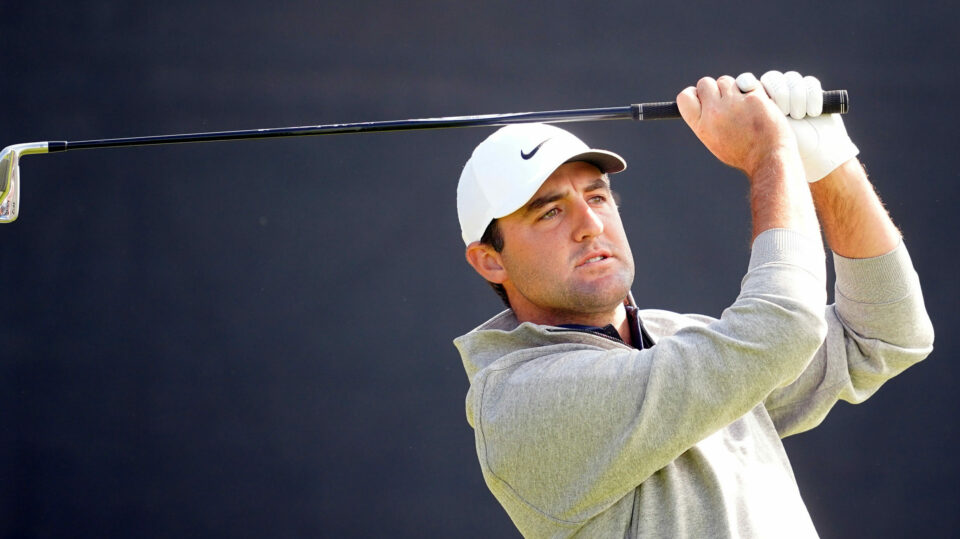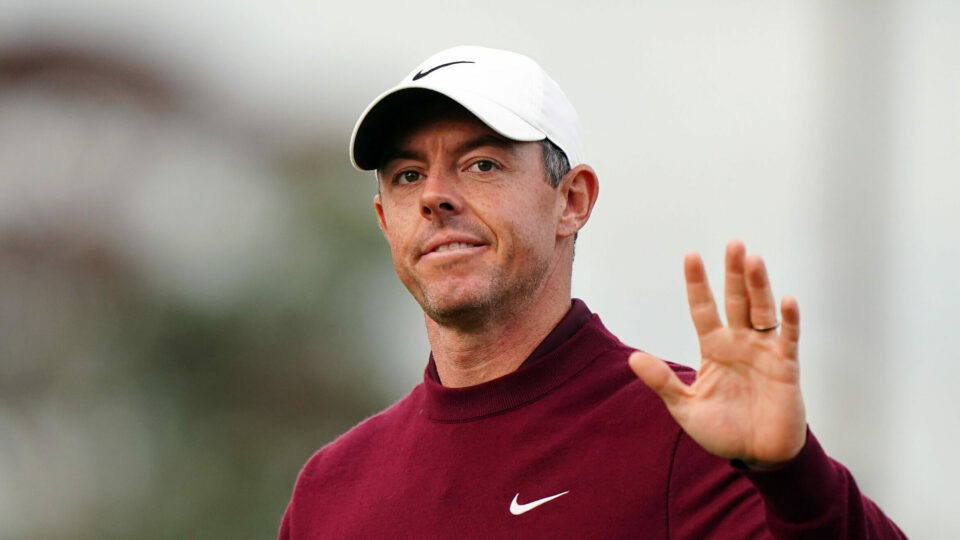The magic of most sports is the definitive ending of a season. Think NFL and you have the Super Bowl. Major League Baseball has its World Series. There’s the NBA finals and NHL Stanley Cup Playoffs.
The center point for professional golf – much to the chagrin of LIV Golf – is the PGA Tour. The brain trust in Ponte Vedra, FL has always sought to elevate its presence given the organization has no control of the four major championships and the Ryder Cup. And nothing has baffled the Tour as much as securing a climatic ending to the calendar year season.
The Tour Championship has roots dating back to 1987 when it was called the Nabisco Championship and won by Tom Watson. This marks the 18th year of the FedEx Cup Playoffs and it’s been modified a slew of times.
In its earliest version the event it traveled to various venues in different parts of the USA and the calendar position was in the Fall months when the watchful eyes of golf enthusiasts had long tuned out in order to tune into all aspects relating to football.
The PGA Tour realized having its marquee golf event run into the mammoth rollout of collegiate and NFL games was folly. Staging it in the September time frame became a clear red-line not to be crossed. Pro golf, even when Tiger Woods was at his zenith, has been and remains a niche sport.
The move to East Lake started in 1998. Since 2004 the Atlanta-based site has been ground zero for the event.
Why East Lake?
This is a public relations feel good story. East Lake was the club where the famed amateur Bobby Jones had his start in the sport. East Lake went through a rocky road for a number of years as the inner city-based club hemorrhaged members and it appeared its best days were in the rear-view mirror.
A resurrection from the encroachment of urban squalor was started in earnest through the hard-working efforts of its chief proponent Tom Cousins. Add in the financial contribution from Atlanta-based Coca Cola and the beachhead for a true rebirth was set in motion.
In the strictest sense when the words “playoff” is used – it means a complete reset. A new beginning but only for those remaining participants to have a final sorting out and the crowning of a champion. The reset starts with all the remaining participants in the same position.

However, the FedEx Cup Playoffs are skewed towards making sure those who’ve played well enough during the regular schedule of events receive some sort of competitive bonus for their efforts.
Over the last several years that’s meant the leading points golfer coming into East Lake starts the competition with a two-stroke lead over the next player. That’s the advantage Scottie Scheffler has when he begins Thursday’s first round play.
Think of it this way – if pro football used the same reasoning applied by the PGA Tour, then one of the two teams battling for the Super Bowl trophy would begin the contest with a touchdown lead.
The constant tweaking of the points allocation over the years shows how flummoxed PGA Tour leadership is on solving this constant issue. Even with the incessant promotion that goes on through the year – the inability to create a truly connective end-game has only planted more seeds of frustration for all the stakeholders.
Scheffler himself weighed in prior to the kick-off of the playoffs at the Memphis event.
“I think it’s silly,” he said. “You can’t call it a season-long race and have it come down to one tournament. Hypothetically we get to East Lake and my neck flares up and it doesn’t heal the way it did at the Players, I finish 30th in the FedEx Cup because I had to withdraw from the last tournament? Is that really the season-long race? No. It is what it is.”
Playoffs by definition means uncertainty. Upsets can and do happen frequently. The Tour is keenly aware of that possibility and has sought to create a hybrid that gives hope to those making a late season run, but at the same time, protecting those who have showed stellar play for the bulk of the season.
In a word – manipulation.
Scheffler’s angst remains steadfast.
“It’s a fun tournament. I don’t really consider it the season-long race like I think the way it’s called. But you’ve got to figure out a way to strike a balance between it being a good TV product and it still being a season-long race.
“Right now, I don’t know exactly how the ratings are or anything like that, but I know for a fact you can’t really quite call it the season-long race when it comes down to one stroke-play tournament on the same golf course each year.”
Balancing all the key elements can be a thankless chore and has provided fodder for those who see the end result as being nothing more than a confounding compromise.
“It’s quoted as the season-long race, but at the end of the day it really all comes down to East Lake. I didn’t have my best stuff at East Lake the last couple years. I played good there my rookie year, but outside of that, the last few years I haven’t had my best stuff,” said Scheffler. ” I’m kind of excited that they changed the course a little bit. It may give me some new vibes around there.”
The flipside is that whoever wins the event receives $25 million and a five-year PGA Tour exemption if not already exempt. Even the last place finisher takes home $550,000.
Clifford Roberts, the major domo for The Masters for many years was asked about changes made to Augusta National Golf Club and his classic retort was something the PGA Tour needs to remember.
“We don’t change Augusta National – we improve it.”
This week’s Tour Championship will seek a fitting finale that can summarize the remarkable season that’s been demonstrated. Yet, formats matter because a specter of legitimacy hangs in the balance.

Rory McIlroy, a winner of the Tour Championship three times and a major contender for another title this week, sees the situation in a more pragmatic manner.
“I think it makes the Tour Championship more exciting from a consumer standpoint,” McIlroy said. “Is it the fairest reflection of who’s been the best player of the year? Probably not. But I think at this point we’re not in for totally fair; we’re in for entertainment and for trying to put on the best product we possibly can.”
Will more tweaks in the years ahead happen?
If past is prologue – count on it.

Related: Top players qualified for Presidents Cup
For the latest news in the golfing world, follow us on X (Formally Twitter).

